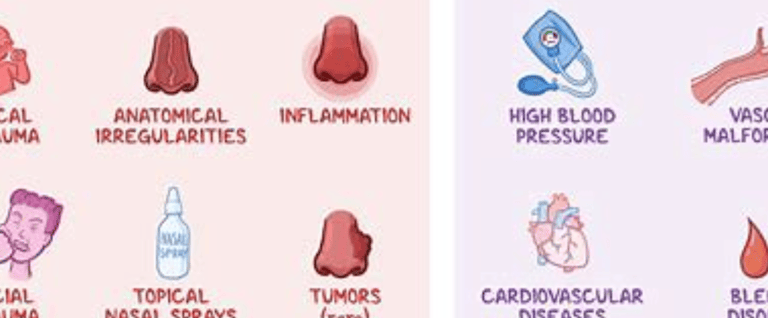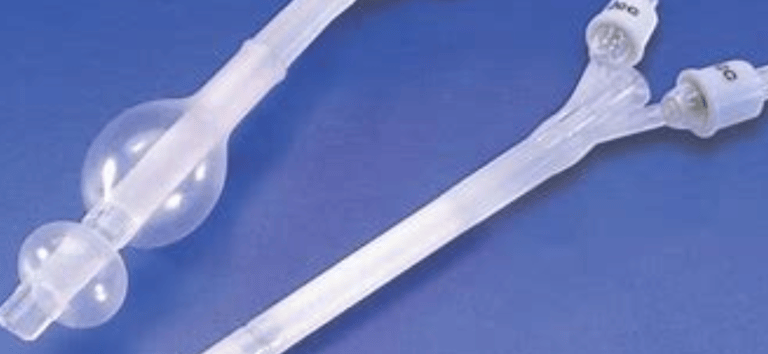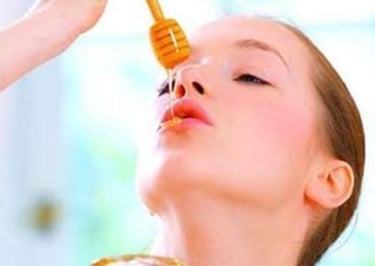
Health is a crown on the heads of the healthy that only the sick can see.
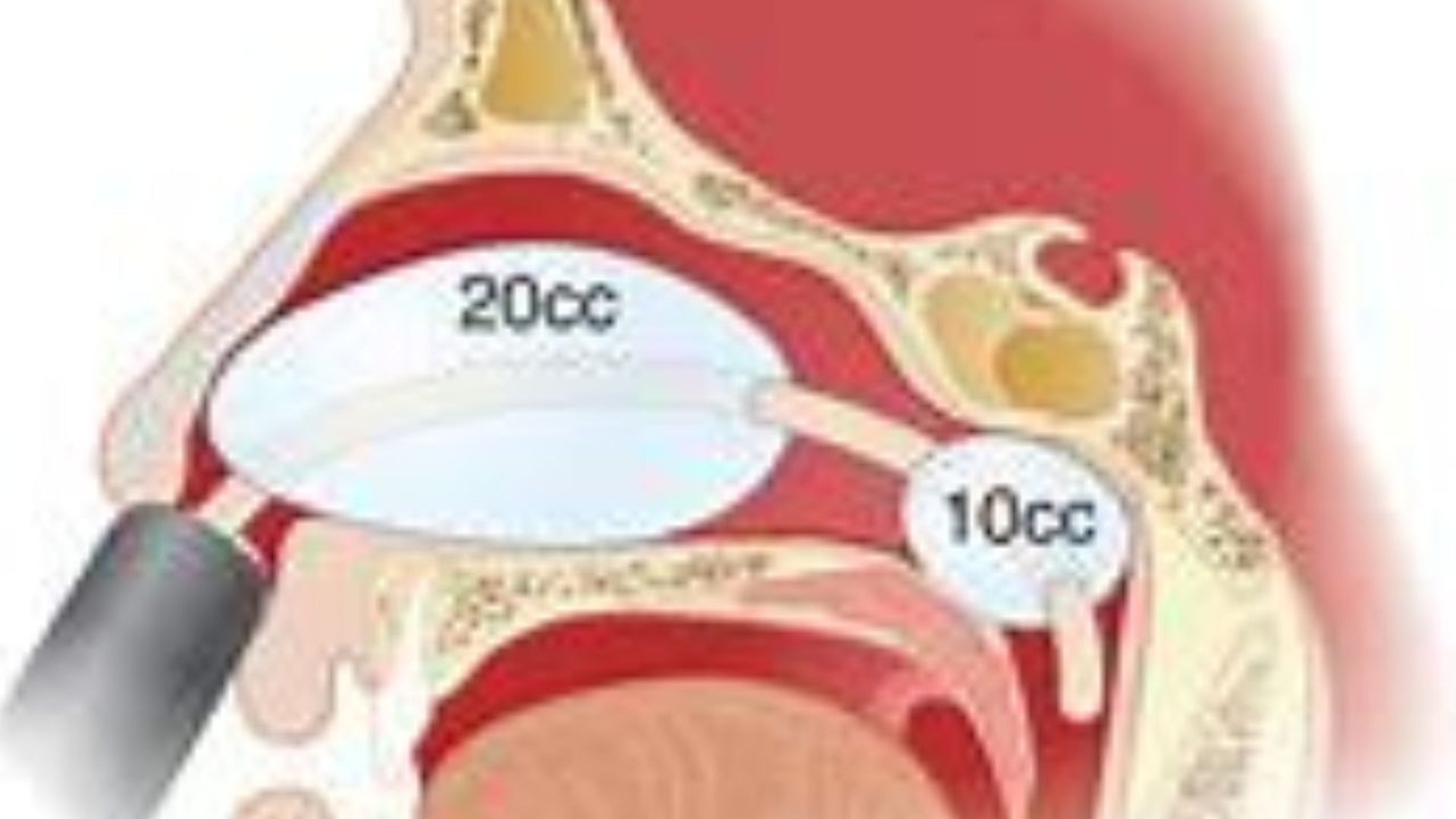
🍯 Posterior Nasal Bleeding & Honey: Nature’s Gentle Remedy?
🍯 Posterior Nosebleeds & Honey: Can Nature Help Stop the Bleed? Explore how raw honey may support healing and reduce inflammation in cases of posterior nasal bleeding. Learn when it's helpful—and when you need urgent medical care. 🩸🌿
EAR NOSE AND THROATS OTOLARYNGOLOGY
Dr Hassan Al Warraqi

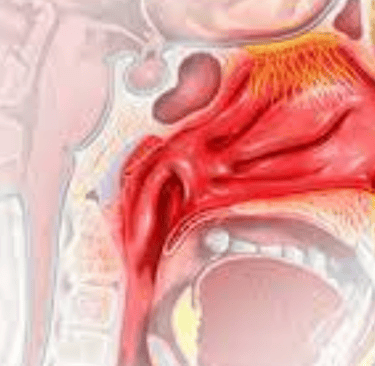
🍯 Posterior Nasal Bleeding & Honey: Nature’s Gentle Remedy?
🍯 Posterior Nosebleeds & Honey: Can Nature Help Stop the Bleed?
Explore how raw honey may support healing and reduce inflammation in cases of posterior nasal bleeding. Learn when it's helpful—and when you need urgent medical care. 🩸🌿
Is a type of nosebleed that occurs at the back of the nasal cavity.
It is less common than an anterior nosebleed, which occurs at the front of the nasal cavity.
Posterior nosebleeds can be more serious than anterior nosebleeds, as the bleeding can be more difficult to control.
Symptoms of posterior nasal bleeding
may include:
Heavy bleeding from one or both nostrils
Blood dripping down the throat
Difficulty breathing
Dizziness or lightheadedness
Coughing up blood
Spitting up blood
Swallowing blood.
Causes of posterior nasal bleeding
Caused by a variety of factors, including:
High blood pressure
Atherosclerosis (hardening of the arteries)
Liver disease
Kidney disease
Blood thinners (anticoagulants)
Nasal injury
Sinus infection
Allergic rhinitis
Deviated septum
Tumors
Idiopathic
Treatment for posterior nasal bleeding
Treatment for posterior nasal bleeding depends on the severity of the bleeding and the underlying cause.
In some cases, home treatment may be effective. However, medical attention is often necessary.
Home treatment for posterior nasal bleeding
You can try the following home treatments:
Sit upright and lean forward slightly.
Pinch your nose just below the bridge for 10–15 minutes.
Apply an ice pack to the bridge of your nose for 10–15 minutes at a time.
Avoid blowing your nose or rubbing your nose.
If the bleeding does not stop after 20 minutes of home treatment,
or if it is heavy or accompanied by other symptoms,
such as difficulty breathing or dizziness, you should seek medical attention.
Medical treatment for posterior nasal bleeding
Your doctor may use a variety of methods to stop the bleeding.
Nasal packing: This involves placing gauze or other packing material into the nose to compress the bleeding vessels.
Cauterization: This involves using a heat or electrical current to seal off the bleeding vessels.
Angiographic embolization: This is a minimally invasive procedure that involves injecting a material into the bleeding vessel to block it off.
Surgery: In rare cases, surgery may be necessary to stop the bleeding.
Foley catheter to compress the bleeding site
Prevention of posterior nasal bleeding
There are a number of things you can do to help prevent posterior nasal bleeds, including:
Control your blood pressure: If you have high blood pressure, work with your doctor to get it under control.
Take your blood thinners as prescribed: If you are taking blood thinners, be sure to take them as prescribed by your doctor.
Avoid nasal injuries: Avoid activities that could injure your nose, such as contact sports and certain types of work.
Treat sinus infections promptly: If you have a sinus infection, see your doctor right away to get treatment.
Maintain a healthy lifestyle: Eating a healthy diet, getting regular exercise, and getting enough sleep can help to reduce your risk of posterior nasal bleeds.
Honey has been used as a natural treatment for a variety of oral health problems for centuries. It has antibacterial, antiviral, antifungal and anti-inflammatory properties, which make it effective for treating a variety of conditions, including:
Canker sores: Honey can help to reduce the pain, swelling, and inflammation of canker sores. Apply a small amount of honey to the canker sore several times a day.
Gum disease: Honey can help to reduce inflammation and fight the bacteria that cause gum disease. Rinse your mouth with a mixture of honey and warm water for 1-2 minutes, several times a day.
Plaque and tartar buildup: Honey can help to loosen and remove plaque and tartar buildup from the teeth. Apply a small amount of honey to your toothbrush and brush your teeth as usual.
To use honey as a mouth rinse. You can do this several times a day, or as needed.
Honey side effects
Honey is generally safe for most people to use. However, some people may experience allergic reactions to honey. small percentage.
Effectiveness of honey
There is some scientific evidence to support the use of honey for the treatment of oral health problems.
One study found that honey was as effective as a conventional mouthwash.
Conclusion of honey rinsing the mouth and gargling
Rinsing the mouth and gargling it with honey, clean the teeth, the gums, roof of the mouth
Rub your nose using honey with fingers
Honey is a natural treatment that may be effective for some oral health problems. It is generally safe for most people to use. repeat as you can.
reference
https://www.ncbi.nlm.nih.gov/sites/books/NBK294466/
https://www.sciencedirect.com/topics/pharmacology-toxicology-and-pharmaceutical-science/ammi-visnaga
https://www.ncbi.nlm.nih.gov/pmc/articles/PMC7455571/
https://www.jofamericanscience.org/journals/am-sci/am0809/
https://www.youtube.com/watch?v=CZqMBnP_AGM
A posterior nasal bleed ,Honey rinsing the mouth and gargling ,Natural treatment,
Rinsing the mouth and gargling it with honey, clean the teeth, the gums, roof of the mouth,rub your nose using honey with fingers,Honey is a natural treatment that may be effective for some oral health problems, too ,It is generally safe for most people to use,repeat as you can,
FAQs on Posterior Nosebleeds and Honey Treatment
1. What is a posterior nosebleed, and how does it differ from an anterior nosebleed?
A posterior nosebleed is a type of nosebleed that occurs in the back part of the nasal cavity. It is less common than an anterior nosebleed, which happens in the front part of the nose.
Posterior nosebleeds can be more serious and harder to control than anterior nosebleeds.
2. What are the potential causes of a posterior nosebleed?
Several potential causes of posterior nosebleeds include: high blood pressure, atherosclerosis, liver and kidney diseases, use of blood thinners, nasal injuries, sinus infections, allergic rhinitis, deviated nasal septum, tumors, and sometimes the cause may be unknown.
3. What symptoms might indicate a posterior nosebleed?
Symptoms of a posterior nosebleed include: severe bleeding from one or both nostrils, blood dripping down the throat, difficulty breathing, dizziness or lightheadedness, coughing up blood, spitting blood, and swallowing blood.
4. What home measures can be taken when a posterior nosebleed occurs?
You can try sitting upright and leaning slightly forward, applying pressure to the nose below the bridge for 10-15 minutes, placing an ice pack on the bridge of the nose for 10-15 minutes, and avoiding blowing or rubbing the nose.
If the bleeding does not stop after 20 minutes or is severe and accompanied by other symptoms, seek medical attention.
5. What medical treatments are available for posterior nosebleeds?
Medical treatments for posterior nosebleeds include: nasal packing (placing gauze or packing material in the nose to pressure the bleeding vessels), cauterization (using heat or an electric current to seal the bleeding vessels), embolization (injecting a substance into the bleeding vessel to close it), surgery in rare cases, and using a Foley catheter to pressure the bleeding site.
6. How can posterior nosebleeds be prevented?
Posterior nosebleeds can be prevented by controlling blood pressure, taking blood thinners as prescribed, avoiding nasal injuries, treating sinus infections promptly, and maintaining a healthy lifestyle (eating a healthy diet, exercising regularly, getting enough sleep).
7. What are the benefits of using honey for oral health care?
Honey has antibacterial, antiviral, antifungal, and anti-inflammatory properties, making it effective in treating some oral health issues such as mouth ulcers, gum disease, and plaque and tartar buildup.
It can be used as a mouthwash several times a day. Honey can also be used to rub the nose with fingers.
8. Are there any side effects of using honey for oral care?
Honey is generally safe for most people, but some may experience allergic reactions.
Keywords
Posterior nosebleed, a serious bleeding that occurs in the back part of the nasal cavity, often due to high blood pressure, injuries, medications, and requires medical attention if severe. Honey, on the other hand, has antibacterial and anti-inflammatory benefits for oral health, helping to relieve pain, care for gums, and remove plaque.
About H-K-E-M.com
Website Overview: H-K-E-M (HKEM) is a medical education and healthcare information website that explores various medical topics and surgical insights. The site appears to focus on holistic and natural treatment approaches for various health conditions.
Content Focus: The website covers various health topics including:
Diabetes and ketoacidosis management Diabetes , Ketoacidosis - fasting | HKEM
Fever treatment using natural remedies like fasting, honey, and hydration Fever : Revolutionary Treatment | HKEM
Panic attacks and anxiety management through holistic approaches Panic Attacks : Fasting | HKEM
Bee therapy benefits, including bee venom for nerve pain and arthritis, and honey for health enhancement فوائد العلاج بالنحل : دليل شامل حول فوائد سم النحل واستخداماته العلاجية | HKEM
Contact Information:
The website owner appears to be "hakim"
Meta Description: Based on the website content, the general theme focuses on exploring medical information, healthcare topics, and natural treatment approaches, with an emphasis on holistic healing methods.
Author Information: The specific author bio information isn't clearly detailed in the search results, but the contact emails suggest the primary contact is Hassan Al-Warraqi, and the website is owned by someone identified as "hakim."


